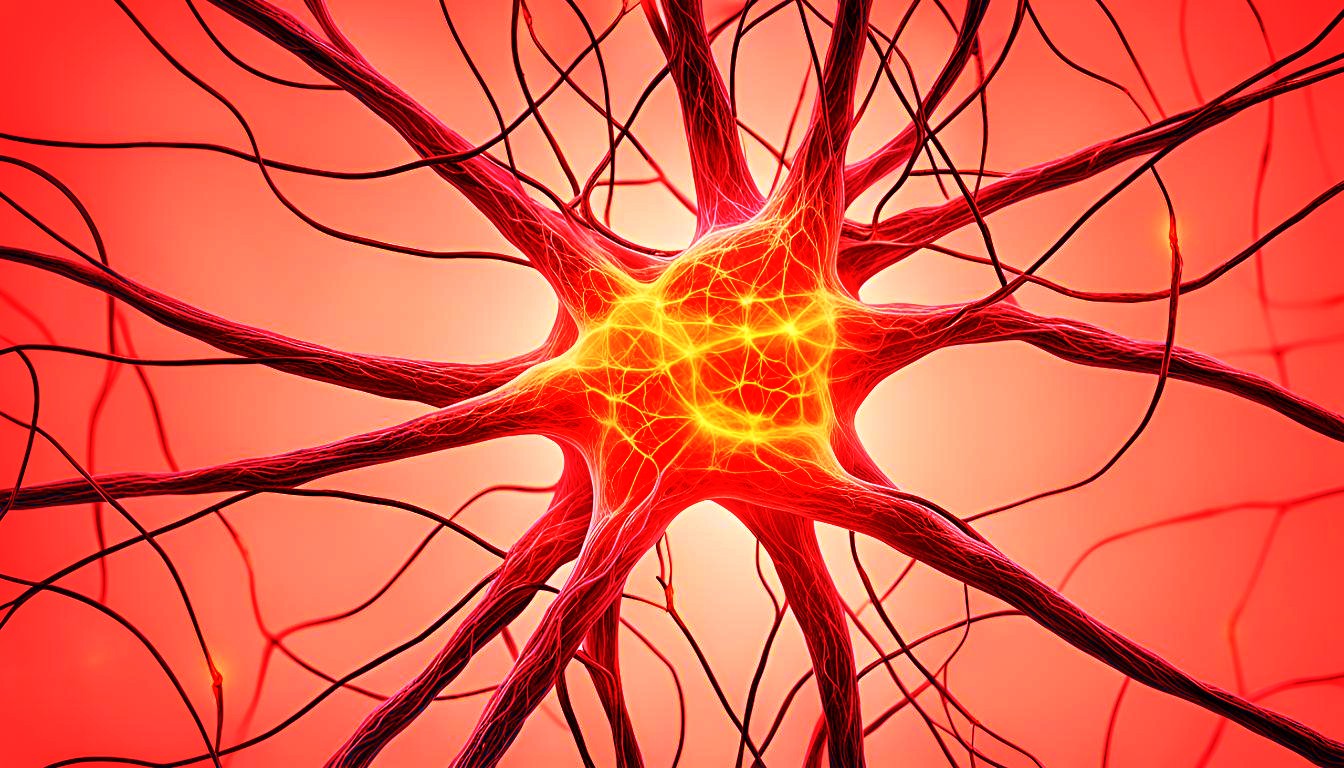Is there a secret to longevity? This health expert says 1,000% yes
In the era of social media, post-COVID, and with mental health at the forefront, a shift is taking […]

The Institute for Basic Science (IBS) in South Korea has developed a ground-breaking remote magnetic field mind control gadget. According to reports, the state-of-the-art technology, called Nano-MIND (Nano-Magnetogenetic Interface for NeuroDynamics), may trigger certain brain functions in lab mice, such as controlling appetite and maternal instincts.
The invention presents important ethical and safety issues in addition to promising substantial improvements in non-invasive medical operations and brain research. Is this a step too far into science fiction, or this may be the way neurological therapy is treated in the future?
Potential Benefits
For non-invasive medical procedures and research, this technology has amazing possibilities.
This has the potential to transform our comprehension of brain operations and result in cutting-edge therapies for neurological conditions.
It may be possible to advance artificial neural networks and brain-computer interfaces by being able to remotely and non-invasively manipulate particular brain areas.
Concerns about Ethics and Safety
Concerning possible abuse and the limits of brain function manipulation, the idea of remote mind control presents ethical issues.
Health professionals emphasised that cautious progress and comprehensive research prior to human applications are crucial, notwithstanding the promise.
To guarantee security and effectiveness, potential hazards like neuroadaptation or neurotoxicity require in-depth research.
Scientific Validation
Magnetic fields have a long history of use in medicine, which gives the new technology legitimacy.
The research’s novel contribution is the genetic engineering component, which shows enhanced brain regulation capabilities.
Immediate Applications
It is anticipated that study will be the main use for this technology, especially in figuring out how the brain functions in relation to different behaviours and moods.
This fundamental understanding may open the door to more focused and successful therapies for psychiatric and neurological disorders.
According to tests conducted on mice, the gadget reduces appetite and induces maternal instincts, which results in a 10% reduction in body weight. It’s the first technology that use magnetic fields to control particular areas of brain.
Genetic manufacture of specialised nanomaterials in neurones is the process known as magneto-mechanical genetics (MMG).
The Nano-MIND (Nano-Magnetogenetic Interface for NeuroDynamics) technology is employed. The investigations were performed in mice with genetically modified ion channels.
Mice’s appetite may be affected both ways by magnetic impulses. In medical imaging and therapies such as magnetic hyperthermia and MRI, magnetic fields have been employed.
Because further research on potential cumulative effects is necessary, several scientists have advised against moving too quickly towards human testing.
Dr Cheon Jinwoo, director of South Korea’s IBS Center for Nanomedicine, said in a statement that, “This is the world’s first technology to freely control specific brain regions using magnetic fields. We expect it to be widely used in research to understand brain functions, sophisticated artificial neural networks, two-way brain-computer interface technologies, and new treatments for neurological disorders.”

In the era of social media, post-COVID, and with mental health at the forefront, a shift is taking […]

With its fast speeds and revolutionary potential, 5G stands out as a noteworthy milestone in the field of […]